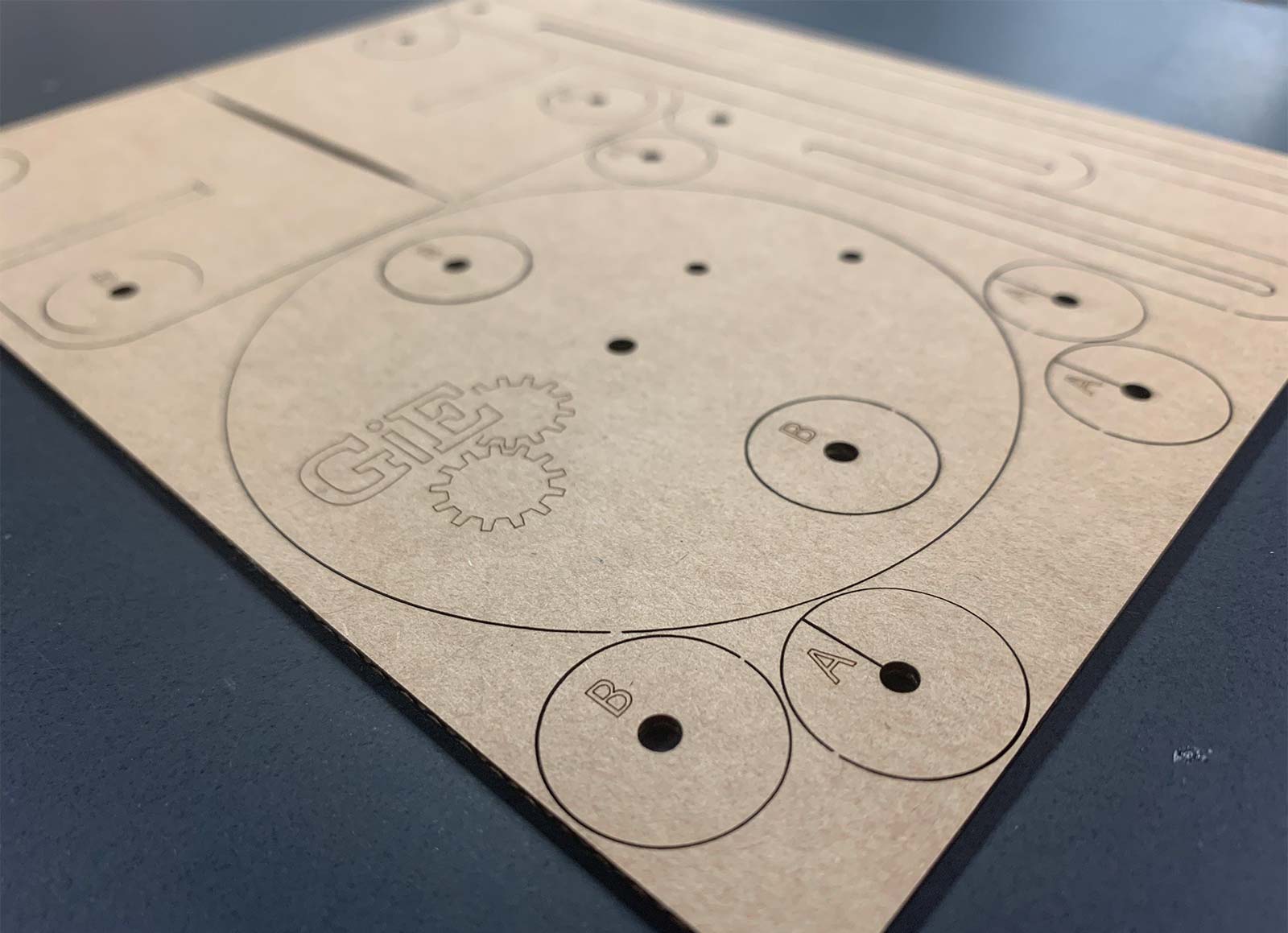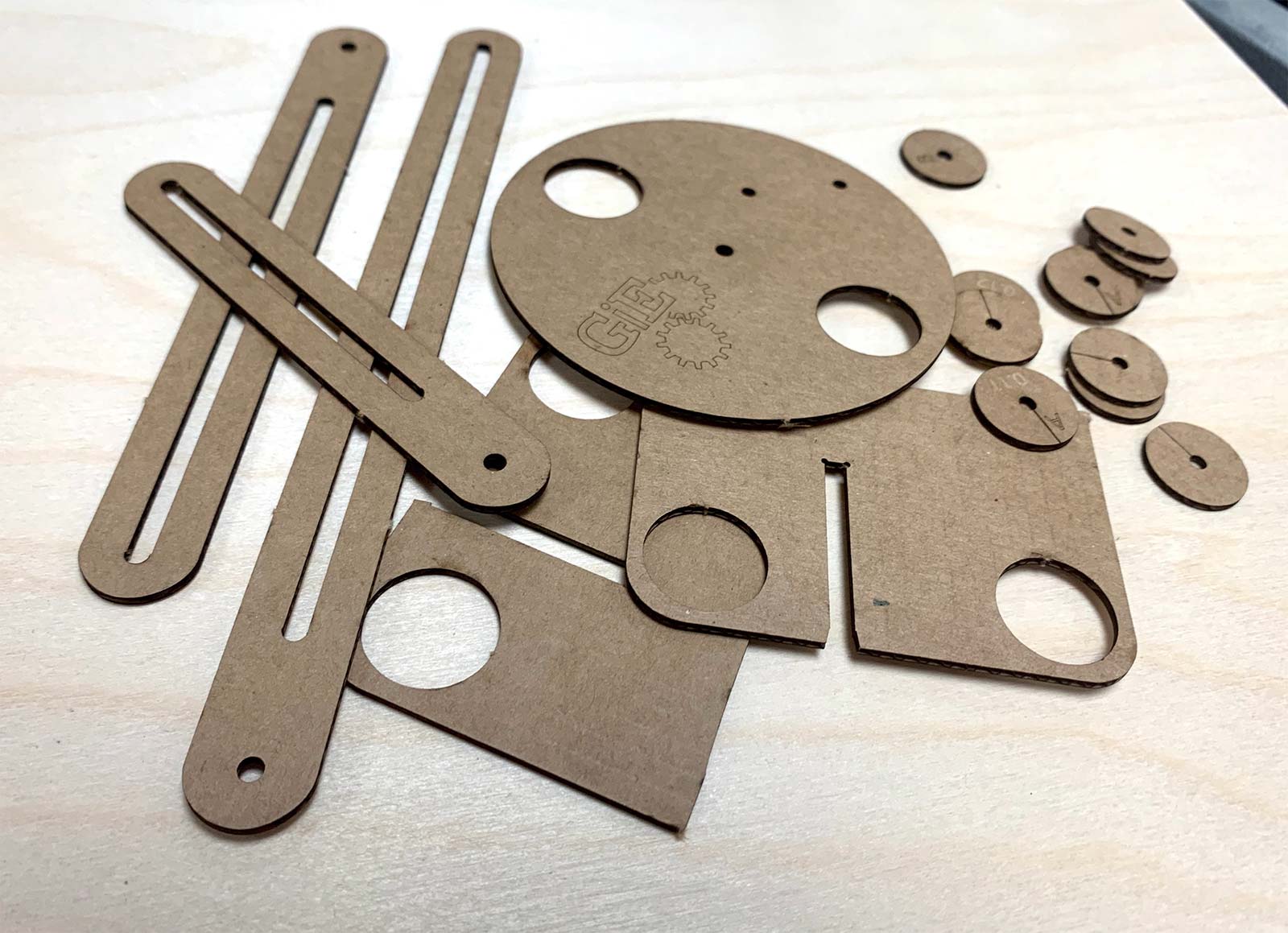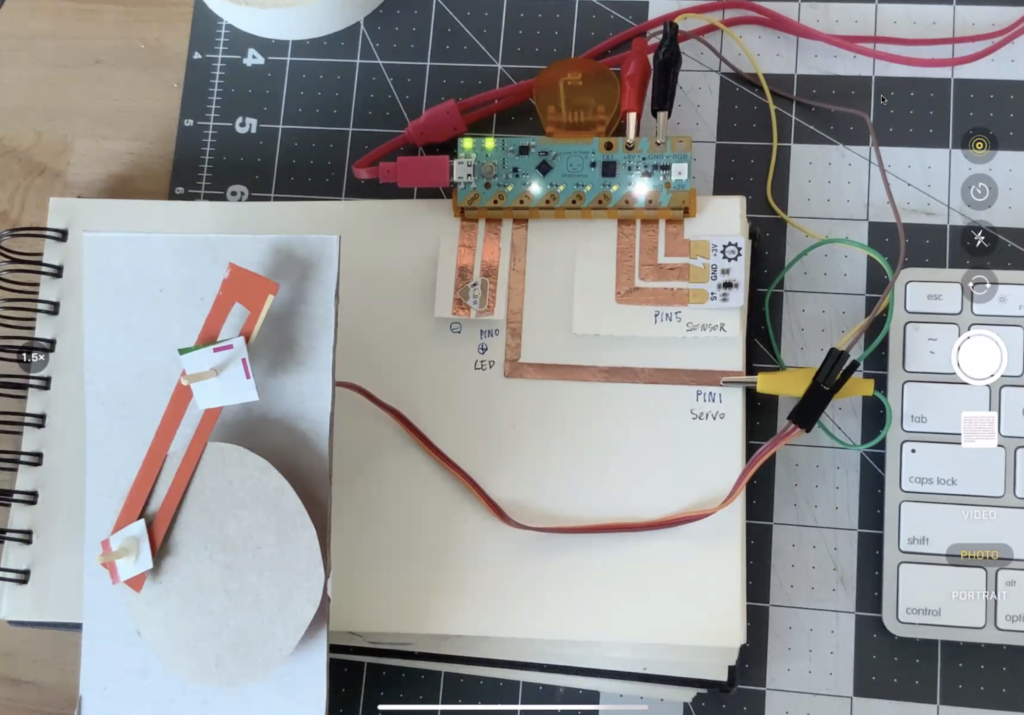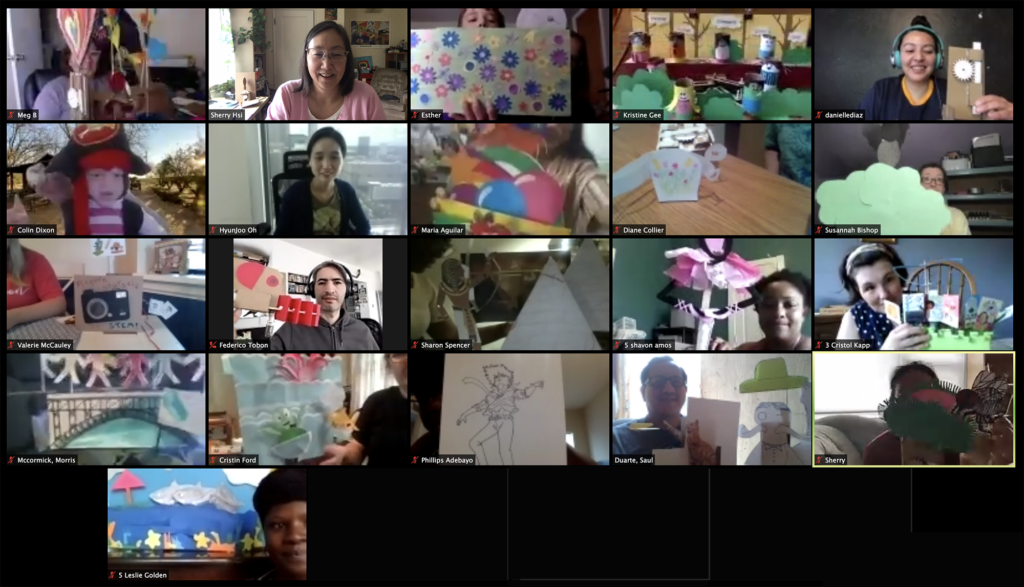Educators know that learning happens not just in the classroom, but all the time and across all settings—from school and to home other formal and informal spaces. In learning sciences research, this is described by a learning ecology framework. Like an environmental ecosystem that sustains biodiversity, learning ecology is a set of complex relationships and interactions that provide support for an individual’s learning and development in a web of distributed resources.
To develop fluency in a discipline or technical skill, students draw from multiple contexts in a network of learning resources. These learning resources are located in schools, at home, and in relationships with the community (libraries, community centers, museums, clubs, places of worship, and local businesses).
With the dangers of physical gatherings associated with COVID-19, summer programs that had been planning teacher institutes and children’s camps were forced to rapidly shift to remote learning venues. Using available platforms, portable tools, online learning resources, and everyday materials, they developed learning ecologies to build and support micro-communities.
Our Paper Mechatronics project had the opportunity to participate in two such partnerships that created learning ecosystems of support for online communities of learners and educators.
UC Berkeley Girls in Engineering
In the spring, the UC Berkeley Girls in Engineering (GiE) program invited the Paper Mechatronics project to join their efforts to bring equitable engineering experiences to middle school-aged students. Through building a network of resources that included community partners, the Berkeley campus faculty, and neighborhood makers, the camp was transformed into a fully online format in 35 short days.
GiE leadership with camp program director Anne Mayoral and online learning specialists from CodeJoy, plus 4 program assistants and 17 high school-aged student volunteers reimagined the camp experience and then delivered five weeks of online daily camp activities based on different engineering topics. We reached 111 middle school students daily via Zoom video conference with multiple online breakout rooms for small group work and facilitated conversations.
Using hands-on materials, live and recorded media, and orchestrated collaborative learning activities, students experienced an interactive engineering camp spanning multidisciplinary engineering topics. The camp invented new dynamic learning supports and activity structures within Zoom and designed on- and off-camera fabrication activities. Remote guest speakers from the community joined the class. The campers also went on virtual field trips with live video tours of campus laboratories and engaged in hands-on making activities on our “Fab Fridays.”
On one such Fab Friday, the Paper Mech team supported the design and fabrication of a cardboard crank mechanism (Figure 1). We had cut the crank parts in advance and packaged them with other papercraft supplies into a kit, including white glue, cardboard washers, craft sticks, and painter’s tape. Family members picked up the supplies during a special distribution day before the camp started.


Experienced online facilitators from CodeJoy introduced the parts of a crank (crank wheel, linkage, axle, and washers). Using a multi-camera set-up, the instructor was able to maintain eye contact with the students, establish online norms, and demonstrate how to disassemble and assemble the parts (Figure 1). The Paper Mech team gave an overview of mechatronic engineering and shared PDF resources with how-to instructions and links to online simulator FoldMecha to see how mechanisms moved.
Students were tasked with creating a paper movable mascot. They sketched their ideas, posted photos, and shared videos of their process on Padlet. During the process, they learned about mechatronics—a field of engineering that integrates electronics, mechanism design, and computer programming to support automation. The day culminated in an online gallery with a music and mascot dance party.
InfoSys Pathfinders Institute
The Paper Mechatronics team, including Georgia Tech’s CoDeCraft Group with assistance from CodeJoy, delivered a week-long professional learning workshop as one of the many offerings convened and hosted by the InfoSys Pathfinders Institute. Teachers from Title 1 schools across the U.S. joined daily Zoom sessions with other teachers, librarians, teacher leaders, and afterschool educators and engaged in a range of hands-on activities. Sessions were organized into multiple one to two-hour blocks with online lectures, coding tutorials, guest speakers, lesson planning, access to video tutorials, and technical support, as teachers learned how to engage students online with making, engineering, and coding.
Teachers worked through a progression of PaperMech projects, starting with a simple hand crank mechanism, then a powered hand crank mechanism using programmable hobby servomotors, and a final project using a rack and pinion mechanism powered by the Chibi Chip microcontroller and small servomotors (Figure 2). The theme for the projects was “belonging” and teachers created a wide and wonderful diversity of narratives and storybook characters with messages of hope, mask wearing, and Black Lives Matter (Figure 3).


Cross-collaborations helped to distribute expertise across learning settings and remote teams to support more teachers. For example, teachers met in breakout rooms for deeper learning on requested topics such as advanced Arduino programming or tips on cutting linkages out of cardboard. And in a midweek skill swap, the instructors from Chibitronics (skilled in computing programming and teaching computational thinking) taught the PaperMech teacher participants, while the PaperMech instructors shared our work on creative papercrafts, engineering design, and making using tools with the Chibitronics class.
The camp and professional learning workshop were huge successes, based on the willingness and enthusiasm of the 100 middle school campers, the passionate teachers in both groups, and importantly in both cases, the intentional design of learning ecosystems through partnerships for support.